- 1 Introduction
- 2 What is a Data Analyst?
- 3 What is a Data Scientist?
- 4 7 Clear Career Advantages — Data Analyst Vs Data Scientist
- 5 Similarities Between Data Analysts and Data Scientists
- 6 Which Career Path Should You Choose?
- 7 Data Analyst Vs Data Scientist Career Growth
- 8 Future Trends in 2025 and Beyond
- 9 Conclusion
- 10 FAQs for Data Analyst vs Data Scientist
Introduction
In today’s digital economy, data drives almost every business decision. But as data grows in size and complexity, so do the job roles built around it. Many professionals and students find themselves comparing data analyst vs data scientist to decide which path fits their future.
Both positions are essential in the data lifecycle, yet they serve very different purposes. Data analysts turn data into actionable insights, while data scientists design models that predict future outcomes. If you’re exploring opportunities in analytics or data science, understanding the difference between data analyst and data scientist, along with the expected salary in 2025, required skills, and long-term career growth, will help you make the right choice.
What is a Data Analyst?
Key Responsibilities
A data analyst is often called the “translator of raw data.” They pull information from databases, spreadsheets, or BI platforms and transform it into insights for business decisions. Common tasks include:
- Running SQL queries to extract datasets
- Cleaning and preparing data for analysis
- Creating dashboards and reports in tools like Power BI, Tableau, or Zoho Analytics
- Explaining insights such as “Which region had the most growth?” or “How did sales perform last quarter?”
Read More: Zoho Analytics Tutorial: [Setup, Dashboards & Best Practices]
Data Analyst Vs Data Scientist Skills (Analyst Perspective)
To succeed as an analyst, you’ll need:
- Proficiency in Excel and SQL
- Experience with BI tools and data visualization
- Strong communication and storytelling abilities
- Business acumen to interpret trends clearly
Career Growth and Salary
Data analysts often start in entry-level roles and move into senior analyst or BI manager positions. Some later transition to data science by learning programming and machine learning.
- Data Analyst vs Data Scientist salary 2025 (India): Analysts can expect ₹5–12 LPA.
- In the U.S.: Salaries range from $65,000–$85,000 annually.
Read More: What is Business Intelligence (BI) and Why Its Essential for Your Business
What is a Data Scientist?
Core Responsibilities
A data scientist takes analytics further by predicting what comes next. They answer questions like “What will sales look like next quarter?” or “Which customers are likely to churn?”
Daily tasks often include:
- Building machine learning models
- Handling structured and unstructured data
- Running experiments and A/B tests
- Deploying predictive algorithms for business outcomes
Data Analyst Vs Data Scientist Skills (Scientist Perspective)
Data scientists need more advanced technical expertise:
- Python, R, or Scala programming
- Machine learning and AI frameworks
- Knowledge of big data platforms (Hadoop, Spark, Databricks)
- Strong statistical and mathematical foundation
Career Growth and Salary
Data scientists typically start as junior scientists or ML engineers and advance to AI specialists or heads of data science.
- Data Analyst vs Data Scientist salary 2025 (India): Data scientists earn ₹10–25 LPA, with senior experts crossing ₹30 LPA.
- In the U.S.: Salaries average $95,000–$130,000 annually, with higher pay in specialized AI roles.
Read More: If you want to grow your career in Business Analytics
7 Clear Career Advantages — Data Analyst Vs Data Scientist
1. Roles & Responsibilities
- Data Analyst: Focuses on descriptive and diagnostic analytics. Answers “what happened” and “why it happened.”
- Data Scientist: Works on predictive and prescriptive analytics. Answers “what will happen” and “how can we influence it.”
2. Tools & Technologies
- Analyst: Excel, SQL, Tableau, Power BI
- Scientist: Python, R, TensorFlow, Hadoop, ML frameworks
3. Skill Requirements
- Analyst: SQL, visualization, business communication
- Scientist: Coding, statistics, ML, AI concepts
4. Data Complexity
- Analyst: Structured data (CRM, ERP, transactional tables)
- Scientist: Structured + unstructured data (social media, images, videos, logs)
5. Business vs Research Orientation
- Analyst: Business-focused, short-term reporting cycles
- Scientist: Research-focused, longer experimentation cycles
6. Salary & Career Growth
- Analysts enter the workforce faster, but with lower average salaries.
- Scientists require advanced education but see stronger long-term career growth and higher salaries.
7. Future Demand
- Analyst: Growing demand in SMEs and companies needing regular reporting.
- Scientist: Explosive demand in AI-driven industries like healthcare, fintech, and e-commerce.
Similarities Between Data Analysts and Data Scientists
Both are Problem Solvers
At their core, both roles solve business problems through data.
Overlap in Tools
Python and SQL are common to both roles, although used differently.
Importance Across Industries
From healthcare and retail to banking and startups, both analysts and scientists are critical for digital transformation.

Which Career Path Should You Choose?
Who Should Become a Data Analyst?
If you enjoy structured data, dashboards, and business reporting, becoming an analyst is a great entry point. It’s also the fastest way to start working in analytics.
Who Should Become a Data Scientist?
If you love coding, statistics, and machine learning, and want to predict the future with data, this is the better role.
Switching Between Roles
Many professionals begin as analysts and later transition into science roles by adding Python, ML, and advanced statistics to their skillset. This career switch usually takes 2–3 years of upskilling.
Data Analyst Vs Data Scientist Career Growth
When comparing data analyst vs data scientist career growth, the trade-off is between speed and potential:
- Analysts enjoy quick entry into the workforce.
- Scientists face a steeper learning curve but have higher ceilings with opportunities in AI and advanced research.
👉 The choice depends on whether you want faster entry or higher long-term rewards.
Future Trends in 2025 and Beyond
- AI-Powered Analytics: Routine analyst tasks will be automated.
- No-Code Platforms: Analysts will increasingly use drag-and-drop BI tools.
- Hybrid Roles: “Analytics Engineers” will blend analyst and scientist skill sets.
- Cloud Data Platforms: Skills in Snowflake, Databricks, and AWS ML will grow in demand.
- AI Ethics: Data scientists will focus on responsible AI and bias reduction.

Conclusion
The difference between data analyst and data scientist isn’t about one being better than the other. It’s about which role matches your strengths and ambitions. Analysts explain the past and support quick decisions, while scientists predict the future and build intelligent systems.
When it comes to data analyst vs data scientist salary 2025, scientists have the edge. But analysts provide a smoother entry into the field. In terms of skills, analysts need strong business and visualization expertise, while scientists require coding and ML knowledge.
Both paths lead to exciting opportunities. The best role is the one aligned with your passion and your plan for long-term career growth.
FAQs for Data Analyst vs Data Scientist
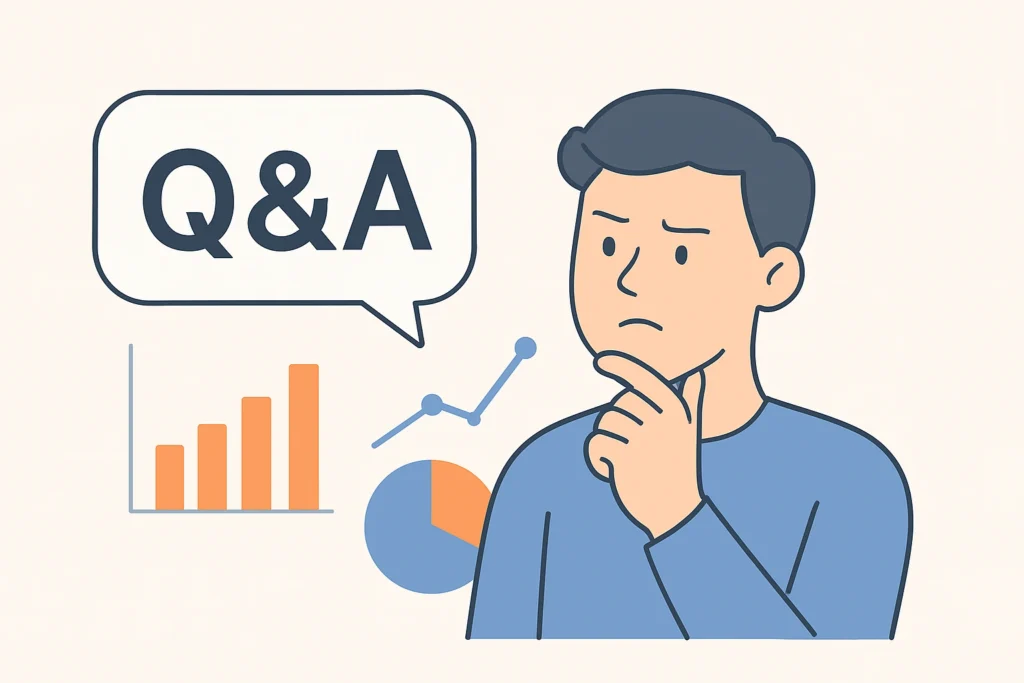
What is the main difference between a Data Analyst and a Data Scientist?
The main difference between data analyst and data scientist is their focus. Analysts explain past and present trends using structured data, while scientists predict future outcomes with machine learning and AI models. Analysts provide quick insights for business decisions, while scientists build advanced models for long-term strategy.
Who earns more: Data Analyst or Data Scientist in 2025?
In 2025, data scientist salaries are significantly higher than analyst salaries. In India, analysts earn around ₹5–12 LPA, while scientists earn ₹10–25+ LPA. In the U.S., analysts average $65k–85k, while scientists make $95k–130k or more. This salary gap reflects the advanced skills and higher demand for scientists in AI-driven industries.
Which has better career growth: Data Analyst or Data Scientist?
When comparing data analyst vs data scientist career growth, analysts enjoy quicker entry into the workforce, making it ideal for freshers. Scientists, however, have greater long-term potential with opportunities in AI, machine learning, and leadership. Analysts can also transition into data science roles with upskilling, offering flexibility in career growth.
What skills are required for Data Analyst vs Data Scientist roles?
Data Analyst vs Data Scientist skills differ significantly:
1. Analysts need SQL, Excel, BI tools (Zoho Analytics, Power BI, Tableau and Oracle Analytics), and strong visualization.
2. Scientists require Python, R, ML frameworks, big data tools, and advanced statistics.
Both need problem-solving, communication, and critical thinking skills.
Can a Data Analyst become a Data Scientist?
Yes. Many analysts make the switch to data science within 2–3 years. By learning Python, machine learning, and advanced statistics, analysts can transition into science roles. This path is common because analysts already have strong data cleaning, visualization, and business knowledge — a solid foundation for data science.
Is Data Analyst a good career in 2025?
Yes, being a data analyst in 2025 is still a strong career choice. Demand for analysts remains high in SMEs and mid-size businesses that need reporting and dashboards. While AI may automate some tasks, analysts with visualization, domain knowledge, and problem-solving skills will continue to be valuable.
Is Data Scientist a good career in 2025 and beyond?
Absolutely. The role of data scientist will remain one of the most in-demand tech careers in 2025 and beyond. With industries adopting AI, automation, and predictive analytics, data scientists are essential for innovation. They also enjoy some of the highest salaries in the data domain.
Which tools are commonly used by Data Analysts and Data Scientists?
Data Analysts: Excel, SQL, Tableau, Power BI, Zoho Analytics and Oracle Analytis
Data Scientists: Python, R, TensorFlow, PyTorch, Spark, Databricks.
Some overlap exists (like SQL and Python), but scientists focus on advanced tools for machine learning, while analysts use BI platforms for reporting.
Do Data Analysts and Data Scientists work together?
Yes, often. Analysts provide insights from structured data, while scientists use those insights as inputs for building predictive models. Together, they help businesses understand both past performance and future opportunities, making collaboration vital in data-driven organizations.
Which role should I choose: Data Analyst or Data Scientist?
Your choice depends on your strengths and career goals. If you enjoy business reporting, visualization, and immediate impact, choose the data analyst path. If you love coding, statistics, and AI, go for the data scientist path. Both roles have strong demand, but scientists usually earn more and work on future-focused projects.
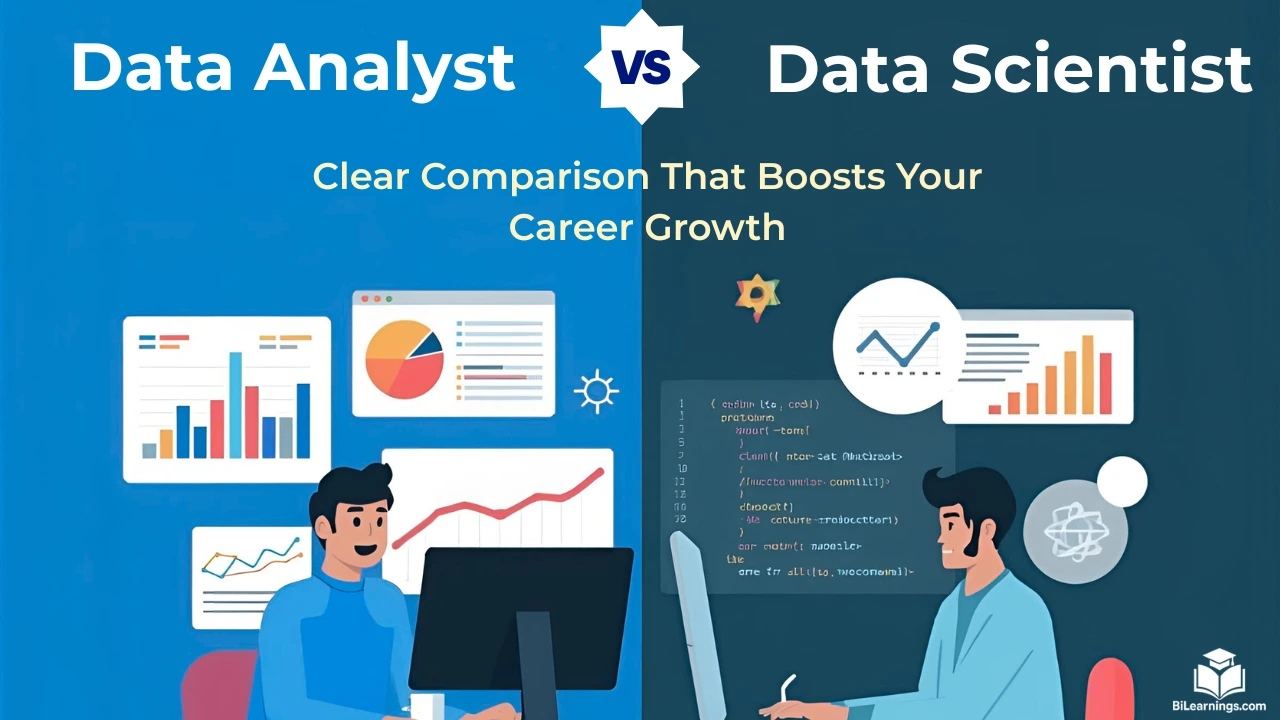



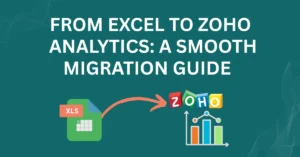
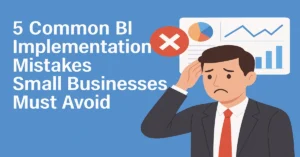
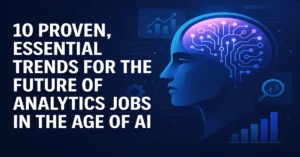

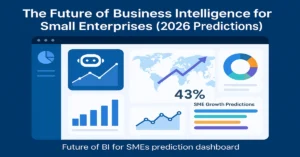
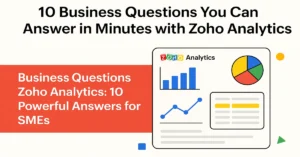
2 thoughts on “Data Analyst Vs Data Scientist: Clear Comparison That Boosts Your Career Growth”
Comments are closed.